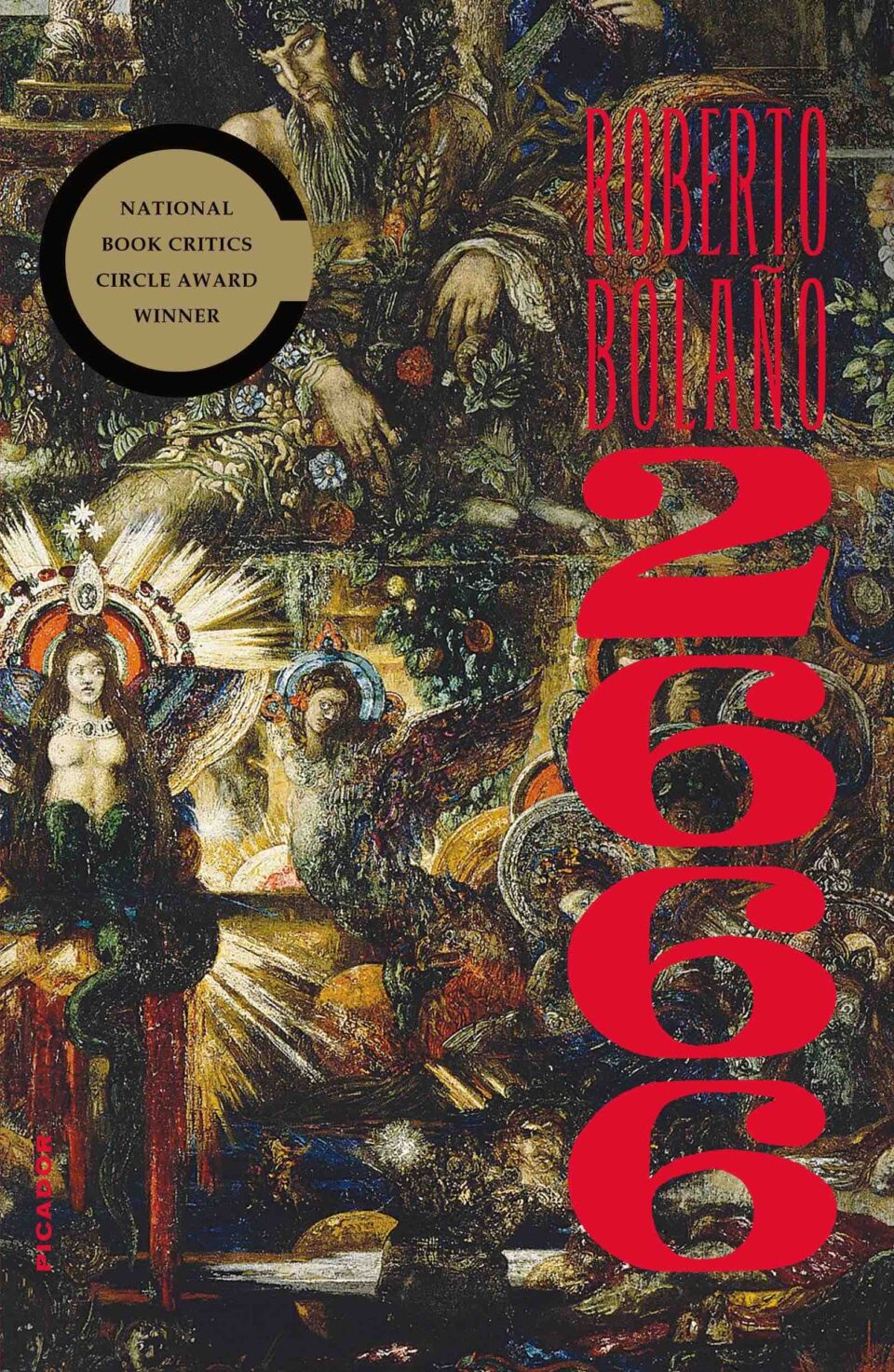The career trajectory of Jake Ewald’s Slaughter Beach, Dog project has worked out pretty well for something originally conceived to combat writer’s block. Ewald initially made a name for himself sharing vocal and guitar duties in the much-loved Philadelphia emo quartet Modern Baseball, whose third album Holy Ghost allowed them to go out on a high note in 2016.
That same year, Ewald introduced the new project in earnest with the fittingly titled Welcome, before things shifted into full-band mode with Birdie the following year. Since then, Ewald and company have mined indie folk and alt-country to great effect. Last we heard from Slaughter Beach, Dog, they’d gifted us with a surprise Christmas Eve release of their fourth album At the Moonbase in 2020; and on its follow-up, awash with lyrical detail and evocative melody, the band continues to outdo itself.
There’s something lived-in about the 10 songs on Crying, Laughing, Waving, Smiling. The title is self-explanatory, capturing vivid and complex emotions in four words. When you listen, the album’s contents feel familiar and welcoming. This means gut checks like “Henry” and “Summer Windows” hit all the harder—some of Ewald’s fans will have been along for the ride since Modern Baseball’s The Nameless Ranger EP all the way back in 2011, but this record reminds us that these old dogs still have plenty of new tricks.
We asked Ewald to provide additional album context by breaking down five key non-musical influences that went into the creation of Crying, Laughing, Waving, Smiling—from being awed by snowstorms to being intimidated by the work of Roberto Bolaño, by way of staving off anxiety with creativity. The album’s out now on Lame-O Records, and they kick off a US tour in November.

Tove Ditlevsen’s The Copenhagen Trilogy
This book took the wind out of me. Not just the story, but the way that Ditlevsen whittled her life down into this impeccably refined narrative. She presents it so simply and so clearly with such emotional force. It really is a poet’s novel in that sense, and from a narrative perspective, it was a huge influence for me. It pushed me to get to the heart of the feeling at hand, using the simplest language, leaving no room for excess. It showed me that you can be arresting without being sensational. The difference between wisdom and cleverness.
Snowstorms
Jess and I moved to the Poconos a few years ago, and for the first time we were living in a house with a driveway. And of course when it snows, you have to shovel your driveway if you want to go anywhere. There were a few serious storms during our first winter, and it was striking to be humbled by nature in that way. We have this big wall of windows at the back of the house that looks out over the trees, and when it snowed it was all you could see. There was no escaping the sight of it, and there was sometimes no way of escaping it physically. It was literally arresting, but it put me in a headspace of wonder and smallness and acceptance; being subjected to this thing that was so much bigger than me and completely out of my control. That perspective is so invaluable in a creative space, because it gets the ego out of the way, it makes room for inspiration and curiosity. It’s really hard to do good writing when you think you’re the boss.
Drawing
I found myself doing a lot of drawing between writing sessions to try and use different parts of my brain. I found that the drawings I liked the most were the ones I didn’t think about, the ones where I wasn’t trying to make something good. I’m not sure if there’s a word for it, but I was really into this thing where you look at a photograph while you’re drawing an impression of it on paper—but you don’t look at what you’re drawing, you just keep your eyes on the photo and let your hand decide where to go. I ended up loving these drawings so much more than anything intentional that I tried to make, and in some ways I tried to do the same thing in my writing. I would start by focusing on a feeling that made me curious, then I would essentially try to trace it with words, and try not to look at what I was doing. I just let everything come out, chased the idea all the way until the end, then went back through and plucked out what sounded best. I would find so many surprising lines that way, lines that felt natural because they came about naturally.

Roberto Bolaño
I was intimidated by Bolaño for a long time, but I finally got over it around the time I started writing these songs. This will be blasphemous to some, but I was so happy to discover that Bolaño was, in a lot of ways, a dork. He was a dork for poetry, for romance, for sex, for adventure. So much of his work is about poets and poetry and these fantastical adventures that are spurred on by a hunger for art. Even in a book like 2666, underneath all the violence and confusion, there’s this childlike adoration of the mythic Writer pushing the whole thing forward. And there’s so much poetry in the way he thinks, the way he describes things, the ways he lets his characters’ minds wander. It helped me understand that broad, ambitious, meaningful work doesn’t have to grow out of some incredibly singular, complex idea; it can blossom fully out of something as simple as an individual’s love for something, or someone.
Journaling
I’m a pretty obsessive person. When I’m anxious about something, I turn it over in my head a million times until it becomes enormous and impossible to ignore. This habit, apart from making me miserable, really gets in the way of creative thinking. It just clogs up all the channels in my brain and I stop noticing anything pretty or curious or strange in my everyday life. Eventually I realized that journaling is a huge help for my songwriting not because it produces ideas for me, but because it lets me dump all the garbage out of my head and make space for curiosity and play. The kind of thinking that actually inspires creativity. After I would journal, I would find myself actually wanting to read a book, or watch a film, or follow a bird across the porch, because there was room in my brain to receive those things.







